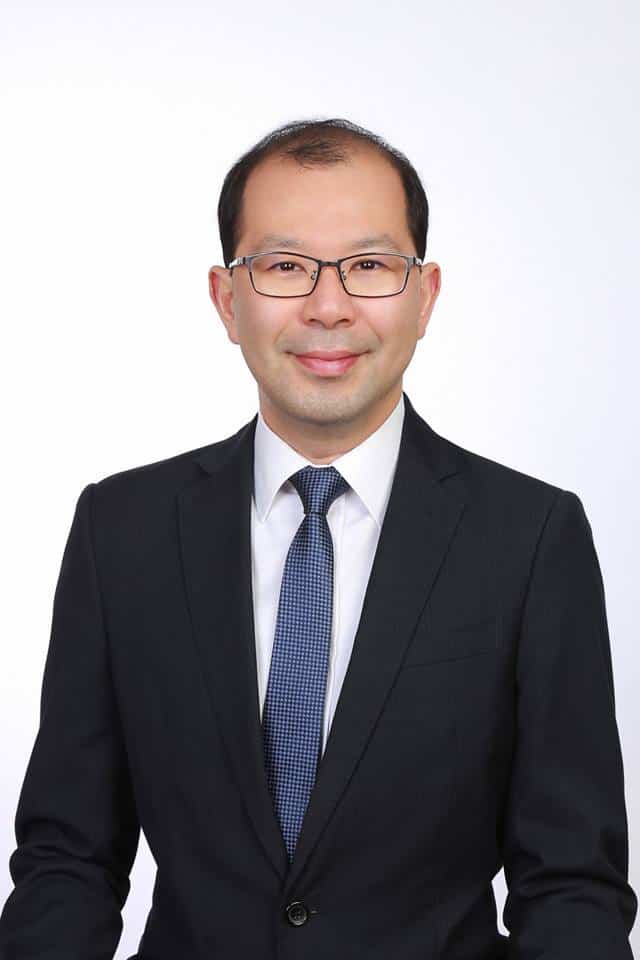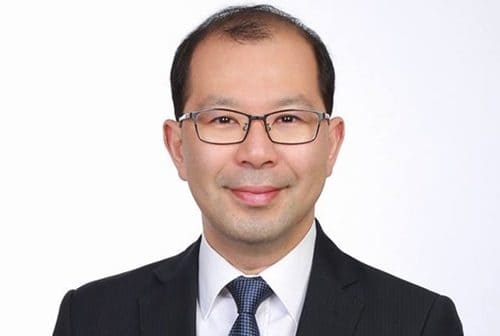Photo Credit: Dr Chong Kian Tai and PanAsia Surgery Group
PanAsia Surgery Group is a one-stop multi-specialty surgical group practice providing personalized and comprehensive care for the full range of emergency and elective surgical problems. It offers the full range of minimally invasive solutions using the latest technological advances. Its clinics are conveniently located in Mount Elizabeth Medical Centre and Parkway East Medical Centre, both adjoining premier acute care general hospitals in the ParkwayHealth, the leading private healthcare group in Singapore.
Our Parenting World (OPW) team is pleased to interview Dr Chong Kian Tai (CKT), Consultant Urologist, PanAsia Surgery Group, MBBS (Singapore), MRCS (Edinburgh), MSc (Research).
More about Dr Chong, he is the first Urologist trained in Southeast Asia to receive the prestigious full-time clinical Urologic Oncology Fellowship at Memorial-Sloan Kettering Cancer Center (MSKCC) in New York, USA. He specialises in the prevention, diagnosis and treatment of prostate cancer, kidney cancer, bladder cancer, testis cancer and penile cancer. Dr Chong is proficient in using the daVinci robotic systems operating in complex Robotic Cancer Surgery. His professional expertise also covers the traditional open and advanced laparoscopic key-hole methods in urology and oncology surgery.

Exclusive Interview with Dr Chong Kian Tai, Consultant Urologist
1. What are the new approaches of robotic surgery in urology?
CKT: The use of a robotic surgery system has improved the vision, dexterity and accuracy of surgical operations. It is especially helpful when Urologists need to do stitching inside the abdominal cavity. Its use has been established in treating prostate cancer and small kidney tumours. Recently, it is also used in non-cancer Urology conditions, including reconstructive surgeries in pelvi-ureteric junction obstruction (PUJO), which is a narrowing between the kidney urinary system and the ureter.
2. How are the applications and results of treatment?
CKT: During robotic surgery, the robotic machine is still controlled by the Urology surgeon. We use the enhanced engineering instruments to help us do a better surgery. It improves our ability to see through the 3D-high definition images; we use the surgical robotics arms to improve surgical precision and accuracy in stitching. In the hands of skilled and well-trained Urologists, many patients have benefit from it by having less pain, less blood loss, better recovery and more accurate surgeries.
3. What are the latest developments in urinary stone therapy?
CKT: Depending on the size and location of urinary stones, sometimes surgical operations or extra-corporeal shockwaves (ESWL) may be used. For surgeries that treat urinary stones, we have moved from large surgical scars to smaller scars, and now towards surgeries without any scars. One of the improved techniques is the use of flexible uretero-renoscopes (flexible URS), which is inserted through the urinary tube into the kidney. The flexible URS can bend itself in the correct direction within the kidney urinary collecting system, and we can see the kidney stones directly and disintegrate them with a laser beam.
4. What are the common problems of urinary stones and are new treatments available?
CKT: Urinary stones tend to recur if patients do not drink enough water, or if they eat excessive food that increases urinary stones (e.g. peanuts, nut products, soy products, etc.). If possible, it is helpful to know the specific composition of your urinary stones, so that your Urologist and Dietician can discuss appropriate dietary plans that help reduce the chance of having recurrent urinary stones.
5. What are the common urological cancers and who are most susceptible?
CKT: Prostate cancer is the 3rd most common cancer in Singapore men. It is more common in men older than 50 years old. Most patients do not have urinary symptoms, although some patients may have urinary issues. One of the blood tests called prostate specific antigen (PSA) is helpful to determine the risk of prostate cancer, even though it is not a 100% specific test for cancer detection. The genetic risk for having prostate cancer increases when there are male relatives in the family diagnosed with it.
Bladder cancer is a common urological cancer in chronic cigarette smokers. Smoking tobacco is the most important risk factor that increases carcinogens in the urinary tract. These cancer-inducing toxins stay in the urinary bladder and increase the risks of bladder cancer. Bladder cancer is also increasing in women who are cigarette smokers, especially those who started smoking from a younger age. Some of the symptoms of bladder cancer may include blood in the urine, frequent urination or bladder discomfort.
Testis cancer is the most common cancer in young men below 35 years old, and many men do not know this. This occurs as a hard lump in the testis, which is not painful in the majority of patients. It is best to check with a doctor if you find a lump in the testis.
6. Who and why should we go for molecular and genetic cancer testing?
CKT: In early stage low-risk prostate cancer, genetic tests can help to determine if the cancer could become more aggressive in the future.
In patients with blood in the urine, there are molecular tests to check whether a patient is more likely to have bladder cancer.
For certain advanced metastatic prostate cancer, there are international guidelines to test specific gene mutations. However, there are complex implications when a genetic test is done. It is essential to speak and discuss with your specialist doctors to consider whether such tests are necessary.
7. Lastly, do you have anything that you would like to add on and share with our readers.
CKT: Most of us search the internet for health-related information. To reduce the chance of reading fake news or news that do not give complete comprehensive information, it is helpful to check websites from official medical authorities or ask trusted medical professionals to resolve your questions.
Thank you for inviting me for your interview!
OPW: Thank you Dr Chong Kian Tai for taking our interview!
To find out more about Dr Chong Kian Tai, please visit:
https://www.panasiasurg.com/staff/dr-chong-kian-tai/
To find out more about PanAsia Surgery Group, its clinics, doctors and treatments available, please visit: https://www.panasiasurg.com/




